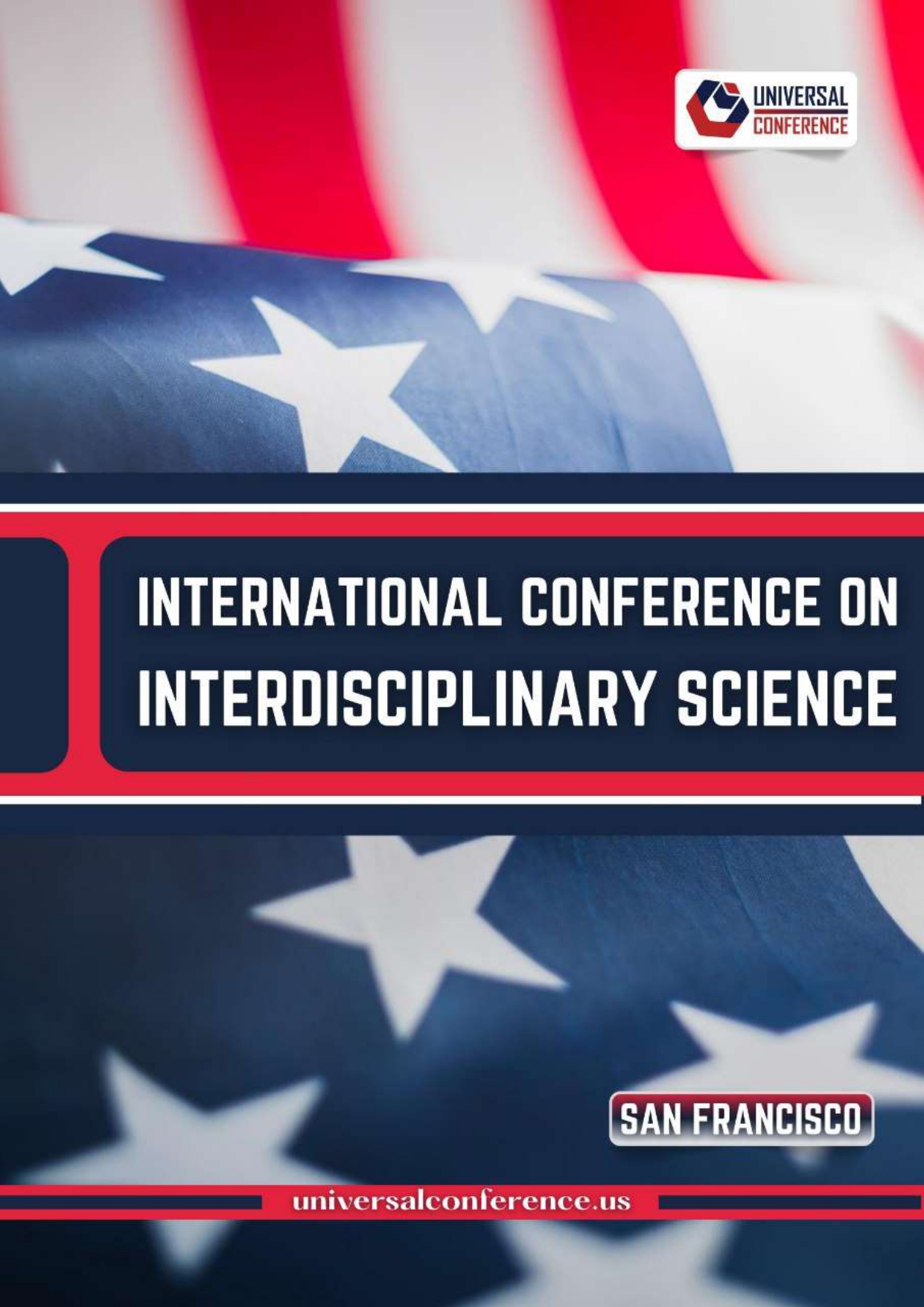NEW APPROACHES IN TRANSLATION THEORY AND PRACTICE IN UZBEKISTAN
Keywords:
Translation theory, Uzbekistan, cross-cultural communication, interdisciplinary collaboration, quality control, machine translation, localization, global economyAbstract
This article explores the recent transformations in translation theory and practice within Uzbekistan. Given its rich cultural heritage and increasing global engagement, Uzbekistan recognizes the importance of effective translation and interpretation services for facilitating cross-cultural communication. This study delves into the historical context of translation in Uzbekistan, particularly its evolution post-independence from the Soviet Union, and examines current trends and methodologies that are shaping the field today. The findings highlight the diverse needs for translation across various sectors, including business, academia, and the arts, and underscore the significance of adapting to contemporary linguistic and cultural dynamics.
References
1. Holmes, J. (1992). An Introduction to Sociolinguistics. Longman.
2. Talbot, M. (2010). Language and Gender: An Introduction. Wiley-Blackwell.
3. Cameron, D. (2005). Language, Gender, and Sexuality: Current Issues and New Directions. Palgrave Macmillan.
4. Eckert, P., & McConnell-Ginet, S. (2003). Language and Gender. Cambridge University Press.
5. Spender, D. (1980). Man Made Language. Routledge.
6. Baker, M. (2006). Translation and Conflict: A Narrative Account. Routledge.
7. Nord, C. (1997). Translating as a Purposeful Activity: Functionalist Approaches Explained. St. Jerome Publishing.
8. N.N.Zubaydova(2019). The importance of teaching vocabulary. International conference Bridge to science: Research works.
9. D Nu’monova, U Qo‘Ziyev Badiiy matnni lingvostatistik tomondan tahlil qilish Oriental Art and Culture, 119-121, 2020
10. M Orzikulova, G Rustamova “Methods Of Improving Speaking Skills For Kids” Conference Proceedings: Fostering Your Research Spirit, 151-154, 2024
11. N Dedamirzayeva, U Kuziyev Teaching English to young learners through games Oriental Art and Culture, 86-88, 2020
12. R S Sharipovna. Peculiarities Of Teaching English In Secondary Schools In Uzbekistan International Journal of Innovations in Engineering Research and Technology, 1-5,
13. K Khashimova, U Kuziev Participation Of Languages Of Other Systems In The Formation Of The Uzbek Literary Language Збірник наукових праць ΛΌГOΣ, 22-25, 2020
14. U Qo‘ziyev Tilda Soflik Masalasi Ta’limda Turkiy Xalqlar Milliy Mentalitetini Mustahkamlashning Dolzarb …, 2022.
15. G. U Rustamova Lingvistik Pragmatikaning Birliklari. Филологические науки 11, 0.
16. Ochilova, G., & Ashurova, N. (2022). Semantic features of English narrative text. ACADEMICIA: An International Multidisciplinary Research Journal, 12(5), 279-283.
17. Ashurova, N., Suleymanova, N., Amanov, A., & Aslonov, F. (2023). Conceptual Framework for the Design of Electronic Textbook for EFL Students. Journal of Higher Education Theory & Practice, 23(16).
18. Ashurova, N. (2019). The use of advertising texts in teaching a foreign language. In Science and Practice: A New Level of Integration in the Modern World (pp. 190-192).
19. Sunnatillayevna, A. Y. (2024). The Innovative Method Of Learn Foreign Languages In Different Countries. Journal of Computational Analysis and Applications (JoCAAA), 33(05), 744-747.
20. Abulkasimova, Y. (2024). Foreign Language Communicative Competence For Students Of Non-Philological Educational Profiles. Builders Of The Future, 4(04), 109-113.
21. Abulkasimova, Y. (2023). The Essence Of The Development Of Communicative Competence In Teaching English. Академические исследования в современной науке, 2(27), 71-75.
22. Abulkasimova, Y. (2023). Didactic Requirements For Effective Teaching Of English In Higher Education Residences. Theoretical aspects in the formation of pedagogical sciences, 2(21), 164-166.
23. Бойназаров, И. (2012). Дастурлаш асослари бўйича мультимедиали ўргатувчи тизимни ўқув жараёнига жорий этиш. Экономика и инновационные технологии, (3), 86-90.
24. Abulkasimova, Y. (2023). Teacher’s Role And The Principles Of Teaching Speaking Skill. Talqin va tadqiqotlar, 1(11).







